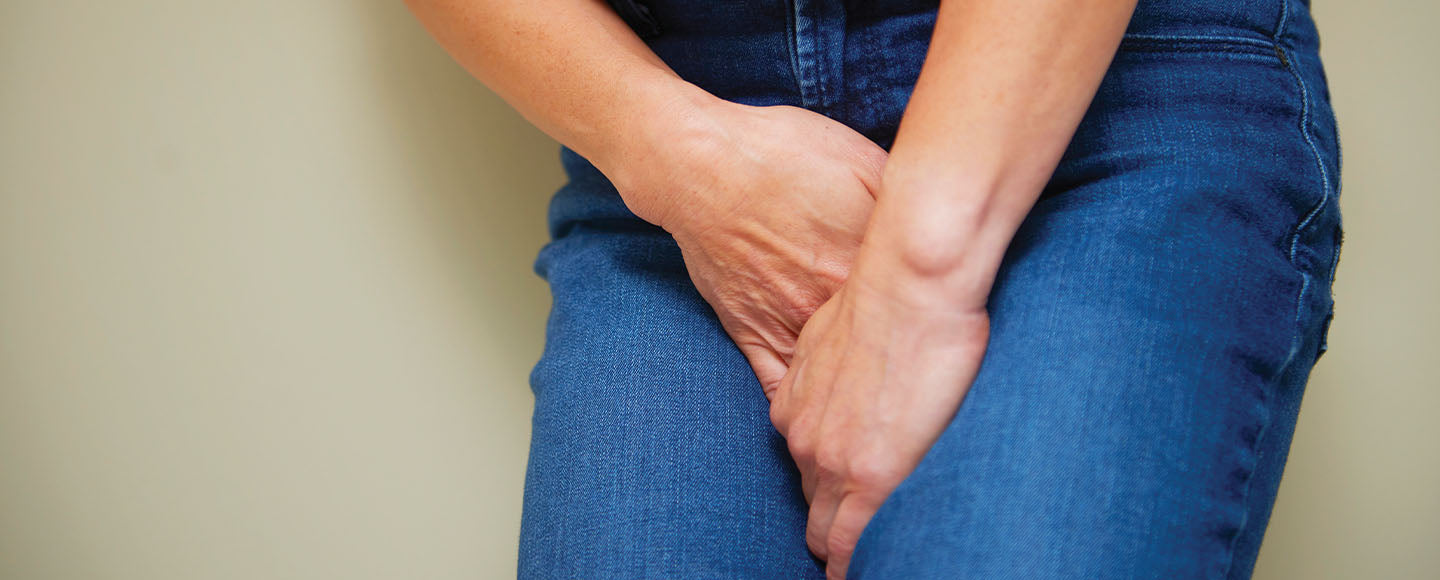Overactive Bladder (OAB): Causes, symptoms and management
27th August, 2021
Have you ever thought that perhaps your exercise options might be limited these days? Fear of sneezing, coughing or jumping and having a little wee as a result! It’s embarrassing and can often be the bane of many women’s lives.
Urinary incontinence is the lack of urinary control and may have many causative factors. When problems with urination becomes unbearable and starts to affect daily life, many adults, mainly including women may be medically diagnosed with (OAB).
In Australia 10% of the population suffer with urinary incontinence, of which 80% are women1. Symptoms of OAB not only include leakage, but also urgency and frequency of urination that has become difficult to control.
There are many reasons for OAB, mistakenly, many women may assume that it is an age-related condition. No need to worry, right? I’ll worry about that in my 70’s. Wrong! An overactive bladder is a condition that is more prevalent in women from their late 30’s to 50’s and beyond. OAB does affect men too, but to a much lesser extent1.
Pregnancy (including multiple births), stress incontinence, nerve damage, muscle weakness, prolapsed bladder, alcohol and caffeine are among some of the causes of OAB with the severity of the condition varying between individuals.
Pregnancy can have a major impact on the urinary tract organs and system, which may often lead to problems such as muscle weakness or even prolapsed bladder. The inability to control urine flow coupled with frequency and urgency can be very distressing and debilitating.
Caffeine and alcohol intake can increase bladder activity and hence exacerbate urinary incontinence.
Stress incontinence is the most common type of incontinence. It occurs when there is an increase in pressure within in the abdomen, creating a force or pressure down onto the urinary organs. When activities such as sneezing, laughing, coughing or exercise result in the inability to adequately hold urine, then you may be experiencing stress incontinence.
How can I reduce the embarrassment of urinary incontinence?
Muscle strength – Increasing your pelvic floor muscle strength is vital to support urinary tract function. Your pelvic floor muscles are like a hammock that help to hold the pelvic organs and pelvic region up. You use these muscles whenever you go to toilet. Kegel exercises are specific for the pelvic floor muscles.
Avoid the pressure – Lifting heavy objects places pressure in the abdominal regions which then pushes down on the urinary tract organs. So, lifting heavy objects or small children can quickly lead to bladder leakage. Lifting in a controlled manner and lifting correctly may help to reduce these leaks. Try to work on your core muscles to help strengthen this area. You can always ask someone else to help you lift heavy objects!
Caffeine – Caffeine drinks have a stimulating effect on the body and especially on the bladder. Try cutting back on your caffeinated drinks and remember to try and drink lots of water instead.
Straining on the loo- It is never comfortable to be straining on the toilet to do your number two! Straining when going to toilet can weaken your pelvic floor muscles and contribute to your urinary leaks. Address your bowel habits by looking at your diet and increasing your water intake.
Urinary incontinence will never go away on its own. It is important to understand the triggers or the cause of the problem. Some women may have to resort to medical intervention, however you may wish to start with these few handy tips first. They may be just the key to improving your urinary incontinence and help to reduce the embarrassment.
Please consult a medical practitioner if your symptoms worsen or persist and seek further medical advice.
References
- www.continence.org.au


